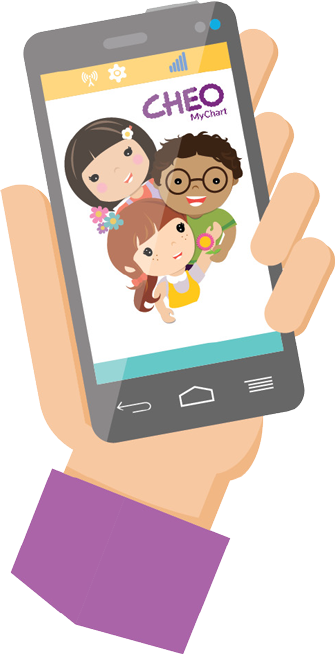
For best results make sure background graphics are enabled.
| Table of contents |
|
How do children and youth react after traumatic events? |
Children and youth can have strong emotional reactions (or stress reactions) after a difficult experience. A traumatic event is one that causes a child or teen to react with horror, fear and distress. Events that might cause a stress reaction include:
- being in a car crash
- getting badly hurt
- witnessing violence
- nearly drowning
- seeing another person get badly hurt
 How do children and youth react after traumatic events?
How do children and youth react after traumatic events?
Everyone is different, and reactions often depend on a child’s age. After a traumatic event, children and youth may feel:
- frightened
- angry
- sad
- guilty
- ashamed
You may notice that your child or youth:
- ‘regresses’ or behaves as they did when they were younger (wetting the bed or being very clingy)
- cries more often
- is fearful
- has nightmares
- has trouble sleeping
- has flashbacks (re-lives the traumatic experience)
- eats more or less than usual
- becomes ‘hypervigilant’ (very watchful to detect possible danger)

Helping children and youth to recover
Children and youth react differently to traumatic events than adults do. Parents, teachers and caregivers have a big role toplay in helping children to recover after a traumatic experience. It’s important to:
- Explain that your child or teen is not to blame for what happened.
- Stay close. Show that you are there to support and care.
- Stick to everyday routines as much as possible. This helps children and youth to feel safe.
- Accept your child’s feelings. Let your child or teen know that it’s OK to feel angry, sad or frightened after what happened.
- Give chances to express feelings. Allow your child or teen to express feelings by talking, drawing, painting or playing.
- Express your own feelings. It’s OK to cry and be upset. But parents need to be able to cope positively with feelings before they can help a child or teen.
- Give your child or teen more control in life. Give choices or let her make decisions about what to wear, what to eat, how to spend free time.
- Notice when your child or teen does something well.
- Be patient and loving. Each child or teen will heal at their own pace.

Questions?
Call your family doctor or reach out to 1call1click if:
- you think your child or youth’s stress reaction is severe
- your child or youth is not feeling better after a month
Speak to your nurse if your child or youth is still at CHEO.
Have you registered for MyChart?
MyChart is a FREE secure, online patient portal that connects patients to parts of their CHEO electronic health record, anywhere, at any time.
To apply for MyChart access, visit cheo.on.ca/mychart and fill out the MyChart access request form. Once your application has been approved, we'll send you an email with an activation code and instructions on how to log in and get started.





